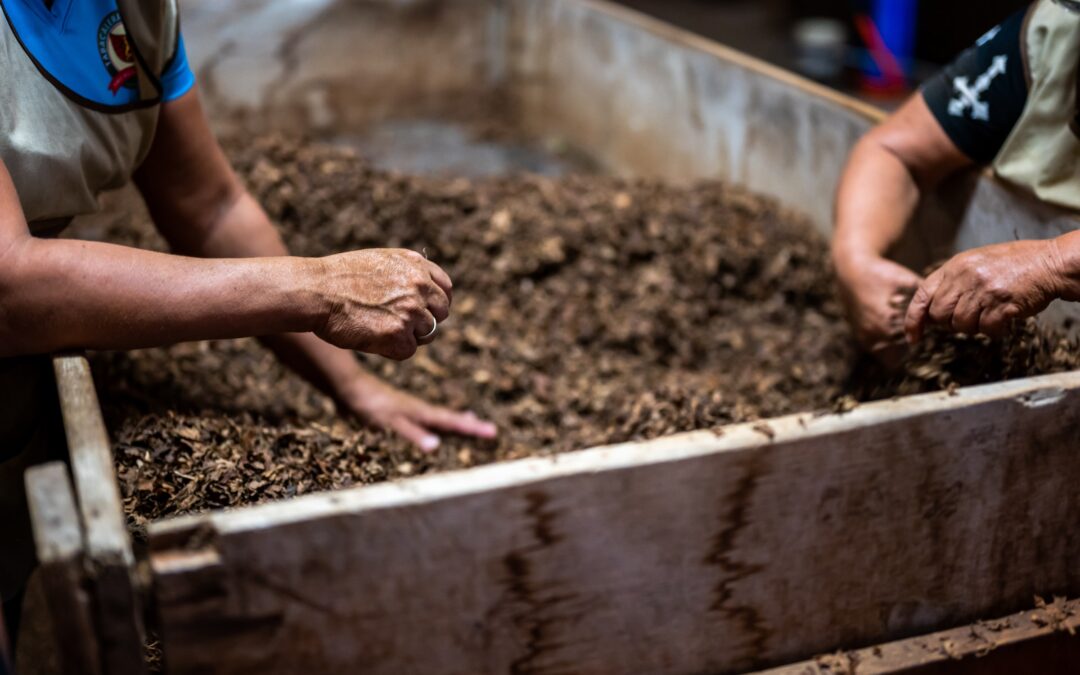Composting is the most environmentally friendly and cost-effective way to treat organic waste. Its goal is to turn biodegradable food residues into humus-rich soils in an oxygen-rich environment with the help of decomposing organisms – which can then be recycled into the ground to help new plants grow.
Anyone who has a small plot of land and a garden can also start composting individually, but there are already more and more solutions for indoor composting.
However, composting can be done not only alone but also in the community. This is a solution mainly used in densely populated settlements where there are no gardens or if they are, they are more in common ownership.
With the consent of the residential community, a community composting point can be established in the yard of condominiums, where in addition to garden green waste, kitchen organic waste can also be composted. Examples of community composting can be seen in the gardens of educational, social and other institutions, as well as in community gardens. It varies, however, how open the composting point is, meaning it is only accessible to a closed community or accessible to anyone.
It is worth looking around to see if there is a possibility of composting in the area, or if you have a suitable area yourself, get together with others and form a composting point together.
Composting does not require a large investment, nevertheless many local governments operate some kind of composting program, so you can even get the necessary equipment and training for free. If there is no such program in a settlement yet, it is worth coming together and signalling the need to the management of the settlement.
The municipality can even be a partner in setting up a composting point in its own areas (such as public spaces).
Composting itself isn’t a big deal, but it doesn’t hurt to be aware of a few tricks to make sure everything goes well. This is especially important in the case of community composting to prevent intra-community disagreements.

